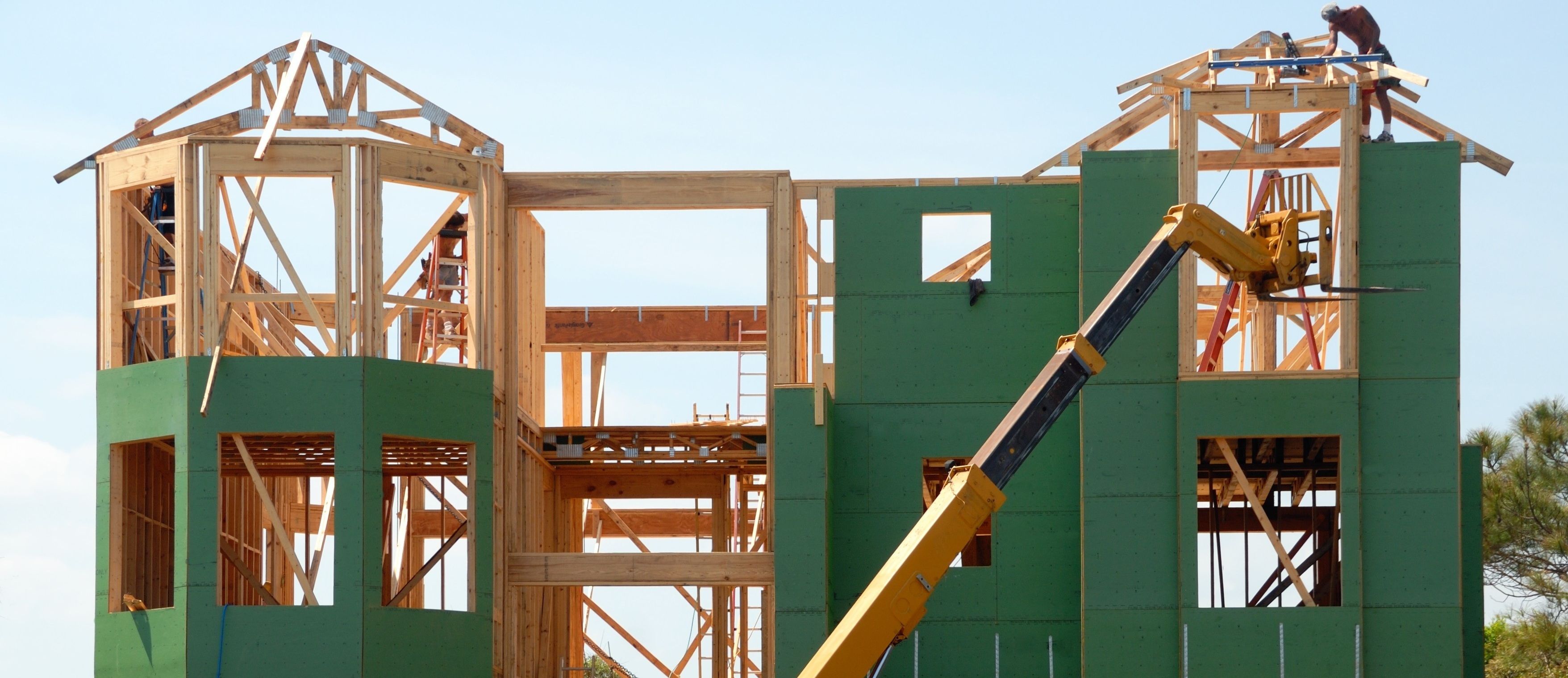Insurers Support Revision of OECS Building Code
The Revised OECS Building Code project is an ongoing initiative of the Global Climate Change Alliance, the European Union and the OECS Commission
Basseterre; St. Kitts: Insurers in St. Kitts and Nevis are of the view that the Revised OECS Building Code will provide tremendous benefits to homeowners in the Federation and the OECS sub-region.
According to Amit Mohabir, General Manager of NAGICO Insurances in St. Kitts-Nevis, the revision of the building code is important for homeowners.
“I think there are significant benefits to be had in all sectors with the Revised Building Code in the OECS, taking into consideration disaster preparedness or catastrophe readiness. From an insurance perspective, I can tell you that apart from the ultimate safety of the homeowners, there are also benefits to be had in areas of premium savings,” said Mohabir.
“Over time, once we can prove that homes are built sturdier and more secure, taking natural perils into consideration, then ultimately the risk factor will be improved and this will increase our bargaining power as a region.
"The revision of these codes can lead to greater negotiations with reinsurers, which will result in savings that can be passed on to our homeowners. Reinsurers do pay attention to these things and do value certain efforts geared towards the enhancement of infrastructures and facilities,” he explained.
Mohabir believes that a Revised OECS Building Code can help to improve the job of insurers particularly in the area of underwriting.
“It can and will make our job a lot easier from an insurance standpoint. While it is imperative that we conduct our risk assessment practices during our underwriting process, checks will be carried out much more effectively, knowing that the revised code would have significantly improved the risk profile of the homes,” he said.
“Being prepared for natural catastrophes by taking corrective measures, particularly in improved construction, puts us ahead of the game. For example, should a natural hazard pass through the Federation, our losses would be significantly reduced due to the upgrades in the construction of our homes, our abilities to recover and continue our livelihoods would be vastly enhanced, which can result in little to no economic downturn because of that catastrophe, not forgetting the fact that lives will be saved as our homes will be much safer,” Mohabir added.
“NAGICO definitely supports this initiative because we are one of the many stakeholders who will be impacted positively by the implementation of the Revised OECS Building Code. Our risk assessment models and practices can all be enhanced because of improvements in the revised Code,” explained the insurance manager.
Meanwhile, Alister Thomas of National Insurance Company Ltd in St. Kitts-Nevis also gave his support to the revision of the OECS Building Code.
“The Revised OECS Building Code is a welcomed move especially at a time when we are experiencing a lot of natural disasters. It is great that consideration was given to revise the building code. This would greatly impact the way insurance companies are able to underwrite the necessary risks. Once we have an updated and uniform building code, it will play a great part in how insurance assess risks,” said Thomas.
The Revised OECS Building Code project is an ongoing initiative by the Global Climate Change Alliance (GCCA), the European Union and the OECS Commission. It seeks to improve the administrative approach to Building Code implementation and enforcement in the OECS sub-region. The initiative has been a highly participatory process involving engagement of public and private sector stakeholders to review issues related to Code compliance, legislation, and best practices.





